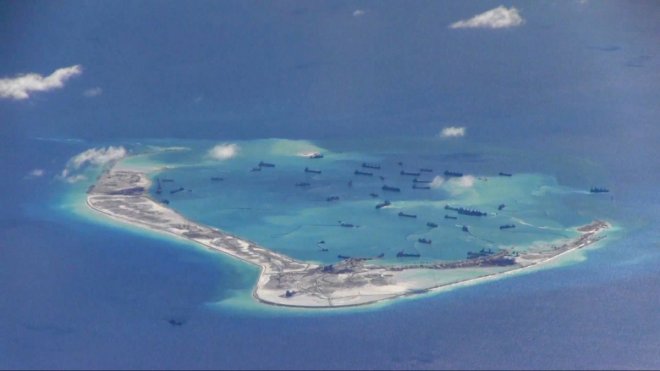
Philippine special envoy to China Jose De Venecia publicly announced this week that he is pushing for the joint venture with China to come up with an Oil Drilling Program in the South China Sea with other claimant countries to prevent war among nations that have overlapping claims over the disputed water.
De Venecia has been pushing for this idea to attain practical, imaginative, pragmatic oil negotiation in the South China Sea where each country claimant participates because after all these waters are given to us by God.
De Venecia, who was a former legislator in the lower house and erstwhile speaker of the house, told Philippine media that the proposal he was introducing was patterned from the oil drilling agreement introduced in the North Sea between Norway, Germany and the United Kingdom. He also said the disputed water is not owned by China, Philippine or other claimant countries.
The International Hague Court earlier ruled that Philippines has rights over the 200-meter exclusive economic zone which China refused to recognize but instead proposed for a bilateral talk to resolve the dispute. The Philippines earlier brought the dispute at the UN-backed Hague Court to have a legal basis to claim ownership of some portions of the South China Sea.
On July 2012, the court also ruled that Beijing violated its commitment under the Convention on the Law of the Sea when it started building artificial islands within the Philippines' exclusive economic zone
Critics of Philippine President Rodrigo Duterte also lambasted him for not asserting the ownership over the disputed waters despite the ruling of the Hague Court.
In 2008, China, Philippine and Vietnam initiated a Joint Marine Seismic Undertaking in the South China Sea but was later challenged in the Supreme Court but the highest court did not rule of the legality of the collaboration before the agreement ended on the same year.









